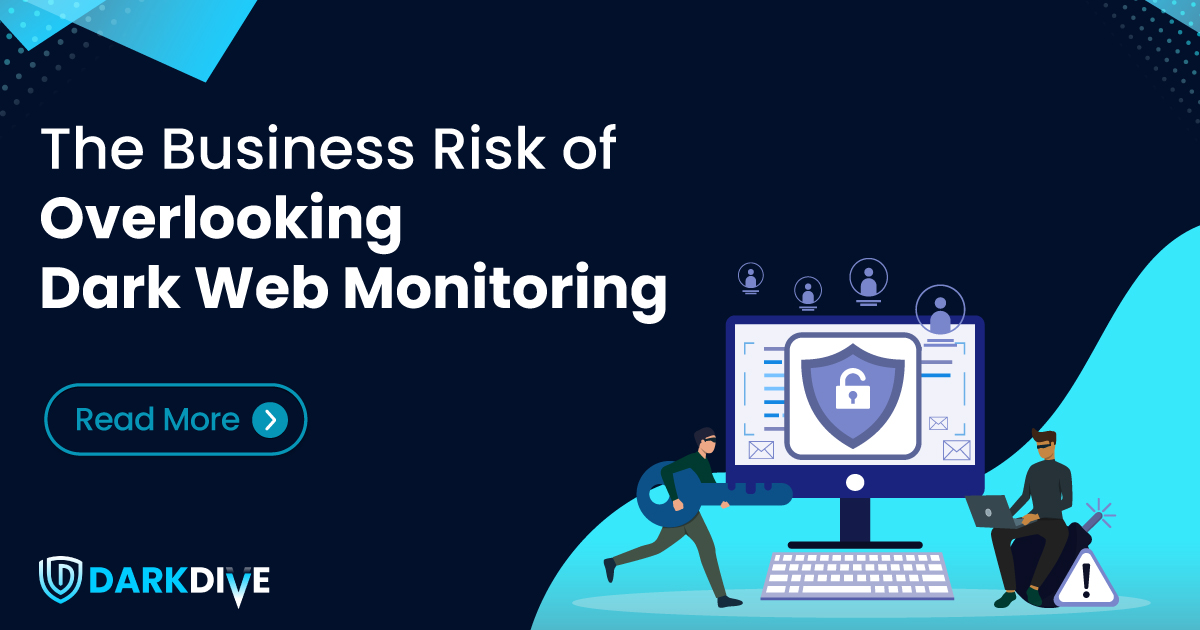
A lot of businesses start their safety with things they can see, like firewalls, antivirus software, and endpoint protection tools. What about threats that are hidden in places that regular tools can’t reach? The dark web comes in handy here, and you can’t ignore it any longer.
The truth is, by the time a breach hits your radar, the damage may already be done. Credentials, documents, and sensitive data are often quietly posted on dark web forums long before any internal alert is triggered. And if you’re not actively watching those corners, you’re operating with a dangerous blind spot.
When Leaks Go Undetected
It’s not uncommon for compromised data to surface on the dark web weeks—or even months—before a breach is discovered. You won’t get a notification when a vendor login appears in a breach dump or when an old employee password is listed for sale. But attackers see it—and act on it.
This lack of visibility leads to some predictable but damaging consequences:
- Delayed detection, which gives attackers more time inside your systems.
- Longer dwell times, making remediation more complicated and costly.
- Higher impact, both to infrastructure and to your brand’s reputation.
And those are just the technical outcomes.
Damage That Reaches Beyond IT
When sensitive information ends up in the wrong hands and your team isn’t the first to notice, trust starts to erode. Customers and partners don’t just expect protection—they expect transparency. A delayed or mismanaged response to a dark web exposure can lead to public backlash, media scrutiny, and tough questions from stakeholders who expect better.
And the longer it takes to identify the issue, the harder it becomes to control the narrative. The damage isn’t just technical—it’s reputational, legal, and financial.
Legal Trouble You Didn’t See Coming
Regulatory pressure is another cost of looking the other way. Many industries are now governed by strict breach notification rules. If customer data surfaces online and you don’t catch it, you’re not just at risk of fines—you’re exposed to lawsuits, compliance investigations, and costly audits.
These aren’t theoretical risks. Failing to monitor the dark web can directly translate to missed disclosure windows, non-compliance penalties, and class-action lawsuits that drag your name through the headlines.
Response Teams Pay the Price
When a breach is caught late, the incident response process becomes a nightmare. Instead of investigating in real time, your team has to retrace steps, rebuild timelines, and guess how far the damage spread. That means extended forensics, more consultants, more legal reviews—and significantly more time and money.
The effort involved doesn’t just hurt your bottom line. It drains internal morale and can push already-stretched security teams past their limits.
How DarkDive Changes the Equation
Most companies don’t have the time or money to keep an eye on secret forums, data dumps, or breach repositories by hand. We can help with that with DarkDive. When threat actors and underground markets talk, our platform picks up on early signs of exposure, like credentials being leaked, private documents being shared, or mentions of infrastructure.
You don’t just get alerts. You get actionable context, fast. So your team can take steps to contain threats before they spiral out of control.
Conclusion
Ignoring the dark web doesn’t make it disappear—it only makes the risk harder to see. And in cybersecurity, what you can’t see is often what hurts the most. Keeping an eye on this area isn’t about chasing shadows; it’s about staying one step ahead of threats that are already happening. Your business doesn’t have to wait for the worst to happen if you have the right tools. When it comes to cyber risk, early warning isn’t just nice to have; it’s everything.
